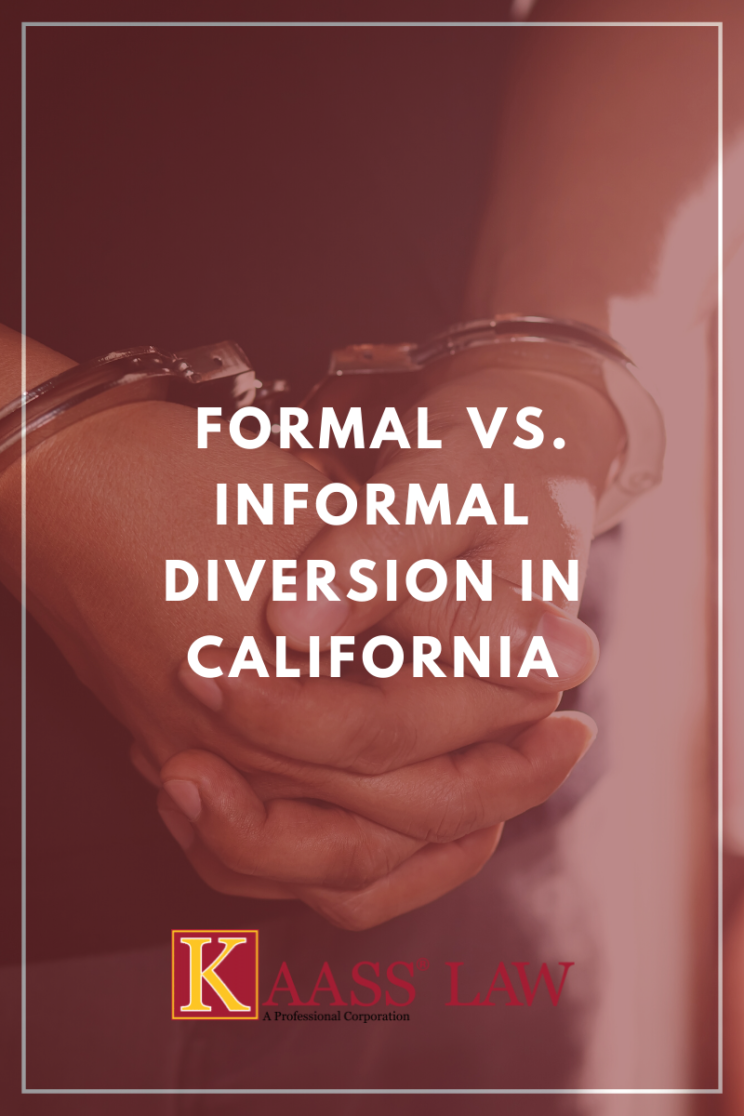What is a Formal Diversion?
In a criminal case, formal diversion occurs when the court provides the defendant the opportunity to complete terms of their probation. Should the defendant successfully complete the terms of the probation, the defendant’s charges are dismissed. However, the defendant may have to plead guilty to the crime they have been accused of.
What is an Informal Diversion?
Alternatively, an informal diversion continues a criminal case for the probationary period without entering any plea. A defendant will be required to fulfill obligations within their probationary period. Should the defendant fulfill their obligations, the case will be dismissed.
What Crimes Qualify for Formal Diversion?
Formal diversion is an option for non-violent misdemeanor crimes such as petty theft, trespassing, or disorderly conduct. Typically, formal diversion is available if the following are present:
- The defendant is charged with a non-violent offense;
- The defendant has not been convicted of a drug crime in the past;
- The defendant has not been convicted of a felony crime within the past 5 years.
Do Formal Diversions Affect Professional Licenses?
For those who hold a professional license, this is where it gets tricky. Essentially, formal diversion may affect an individual who holds a professional license. Depending on the nature of the professional license and crime(s) involved, pleading to a criminal offense is enough to trigger disciplinary action against the professional.
For purposes of a professional license, it is better to be convicted of another misdemeanor offense that does not trigger disciplinary action taken by the professional board. For example, pleading to an accessory after the fact rather than to a crime involving moral turpitude.
Who Qualifies as a Professional Licensure?
Doctors, lawyers, nurses, or therapist are just some examples of occupations that have professional licenses. Essentially, these professions require individuals to take and pass state-approved tests before they are allowed to practice their profession in the state of California.
Los Angeles Criminal Defense Attorney
If you or someone you know has been charged with a crime and has a professional license, contact our Los Angeles criminal defense attorneys at (310) 943-1171 for a consultation. Our attorneys will provide you with legal assistance your case requires.

